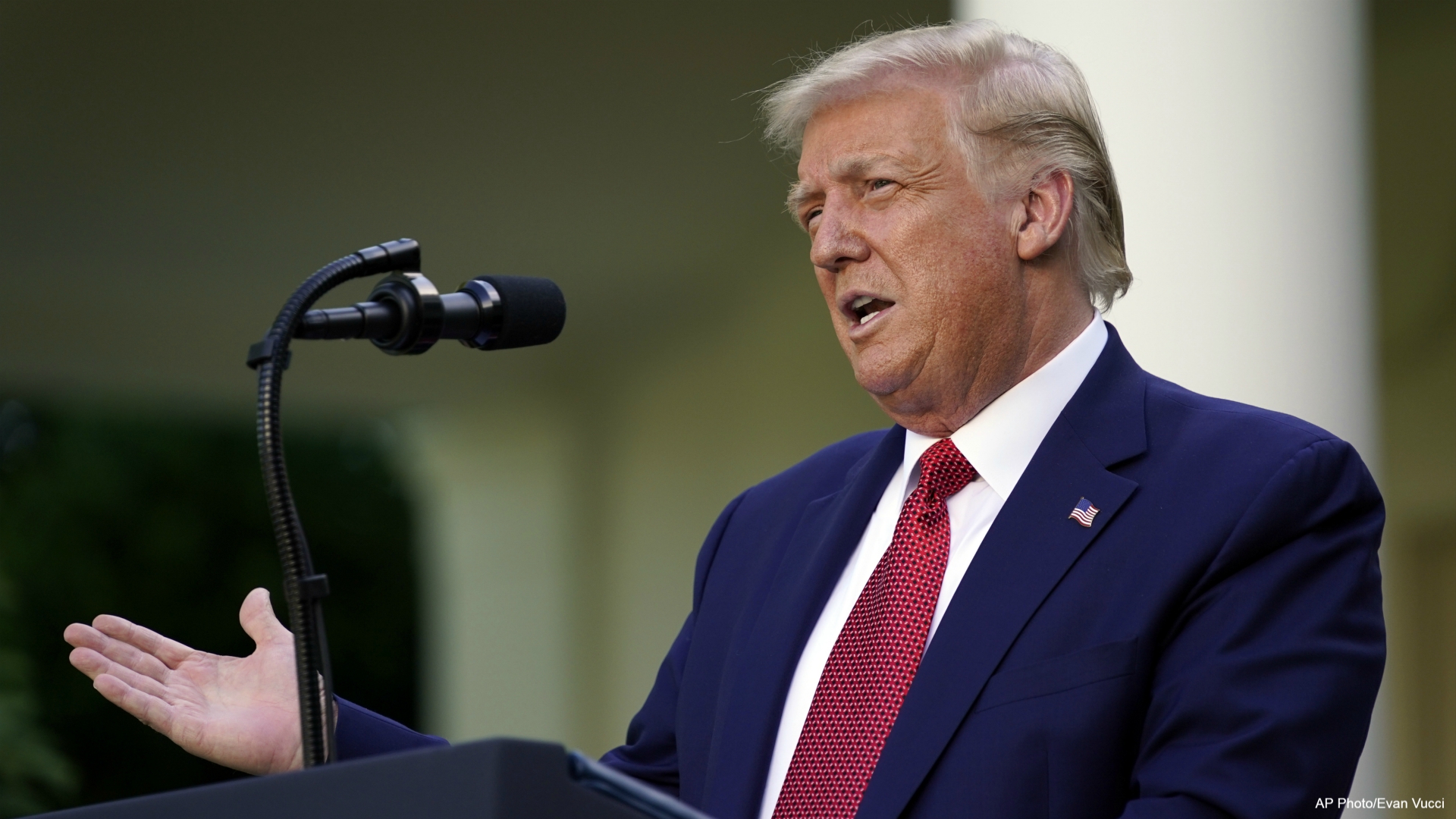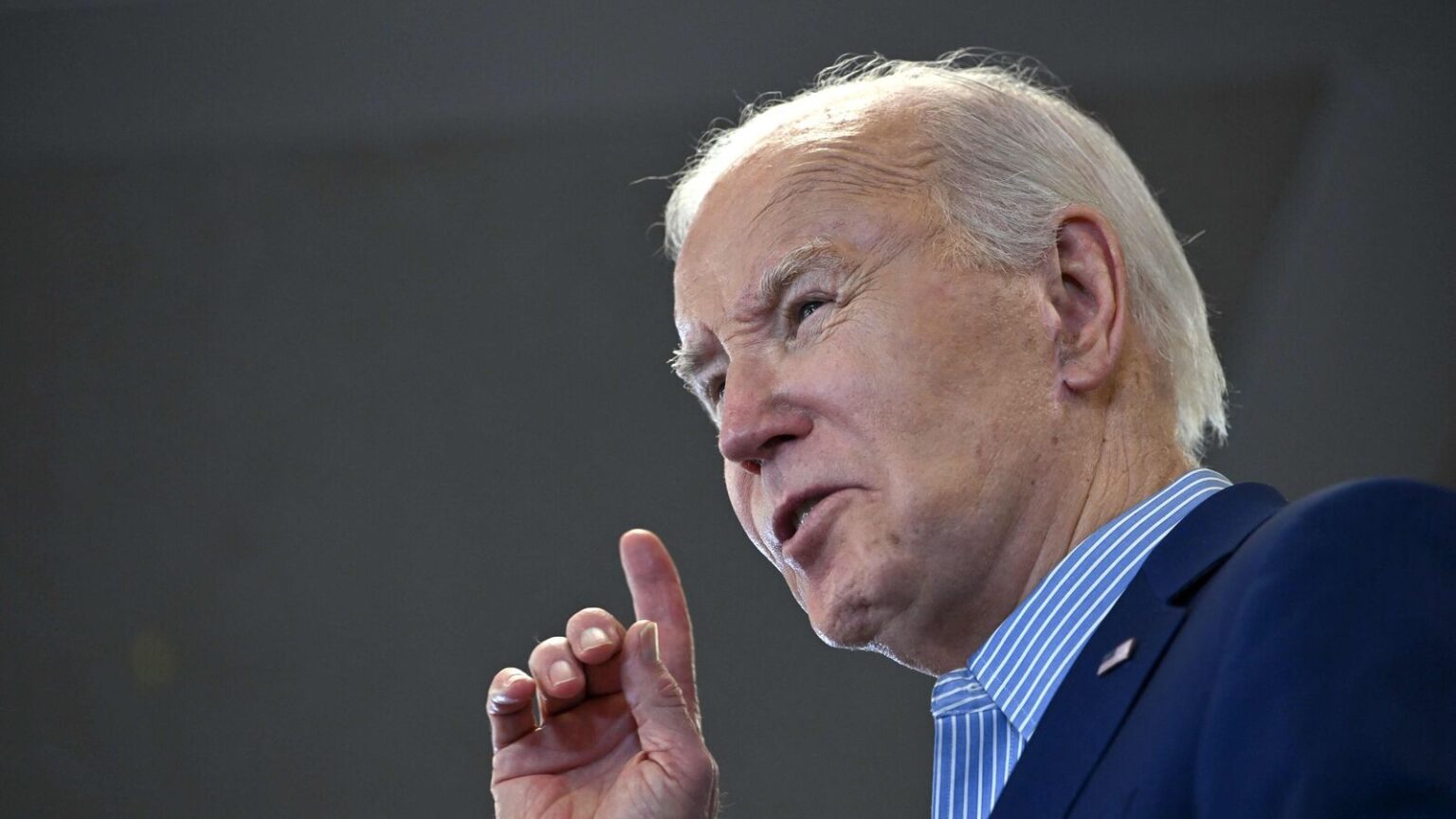President Biden’s decision to impose sweeping tariffs on China signals a continuation, rather than a departure, from the trade policies pursued during the Trump administration. The move underscores the persistence of U.S. concerns regarding China’s trade practices and economic policies, despite a change in leadership.
These tariffs represent a significant escalation in the trade dispute between the world’s two largest economies, exacerbating tensions that have simmered for years. Biden’s approach reflects a bipartisan consensus in Washington regarding the need for a robust response to perceived unfair trade practices by Beijing.

Source:- India today
The tariffs are likely to cover a wide range of goods, potentially impacting various sectors of the Chinese economy. This move is designed to exert pressure on China and compel changes in its trade behavior, such as addressing intellectual property theft, forced technology transfer, and subsidies to state-owned enterprises.
Source:- India today
However, the decision also carries risks, including the potential for retaliation from China and negative effects on global supply chains and consumer prices. Moreover, it may further strain diplomatic relations between the two countries, complicating efforts to collaborate on shared challenges such as climate change and regional security.
Overall, Biden’s imposition of tariffs underscores the enduring challenges in U.S.-China relations and the complexity of managing economic ties between the two superpowers.
Share your views in the comments

